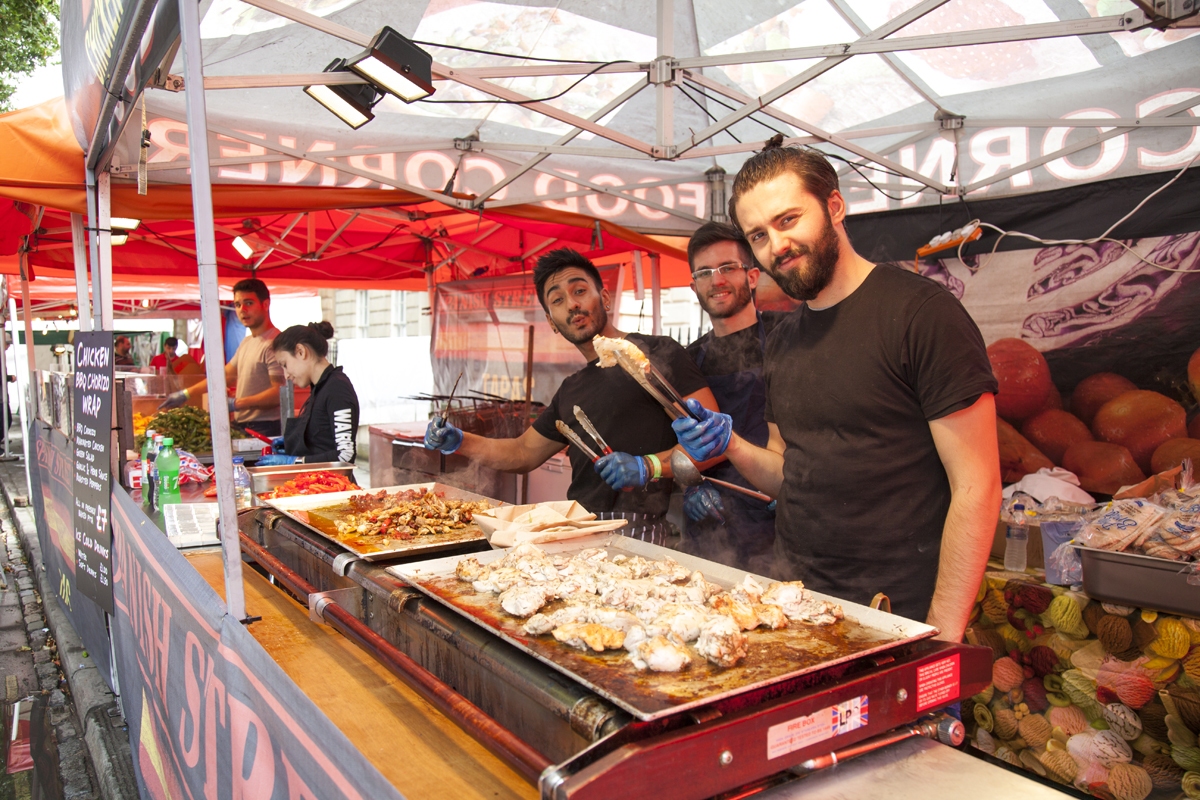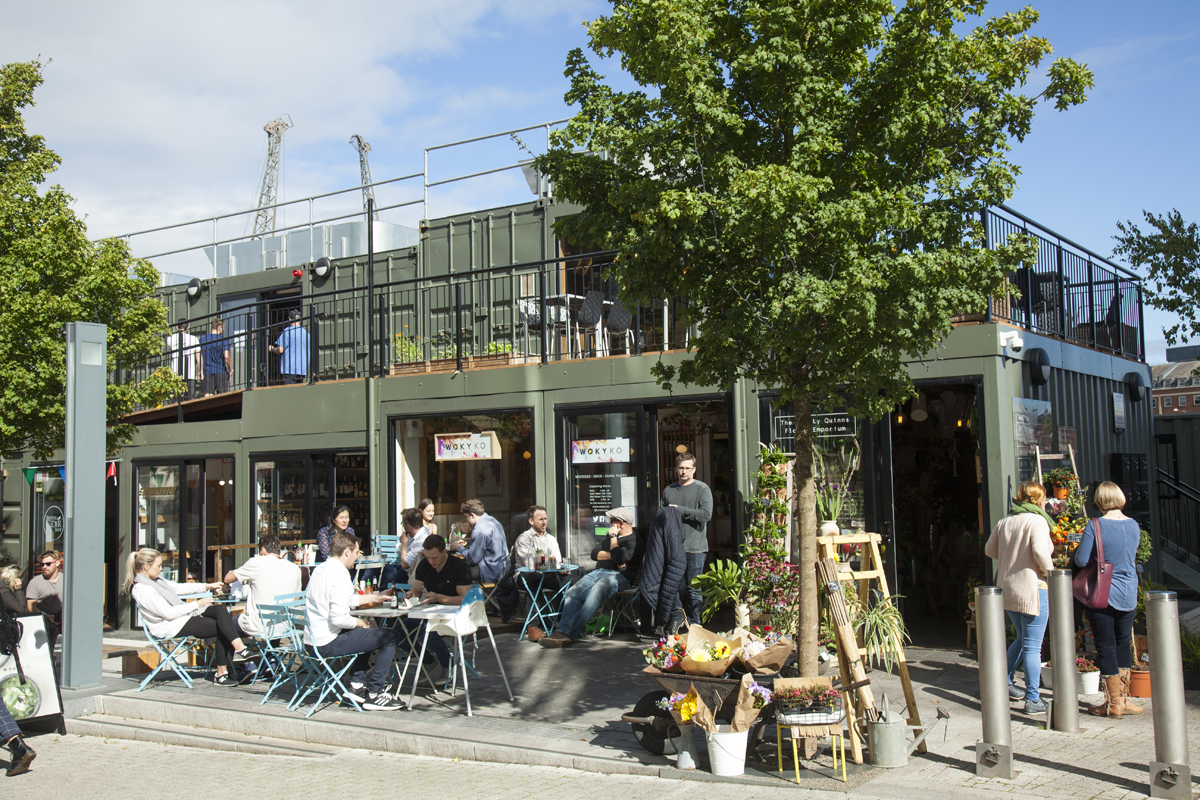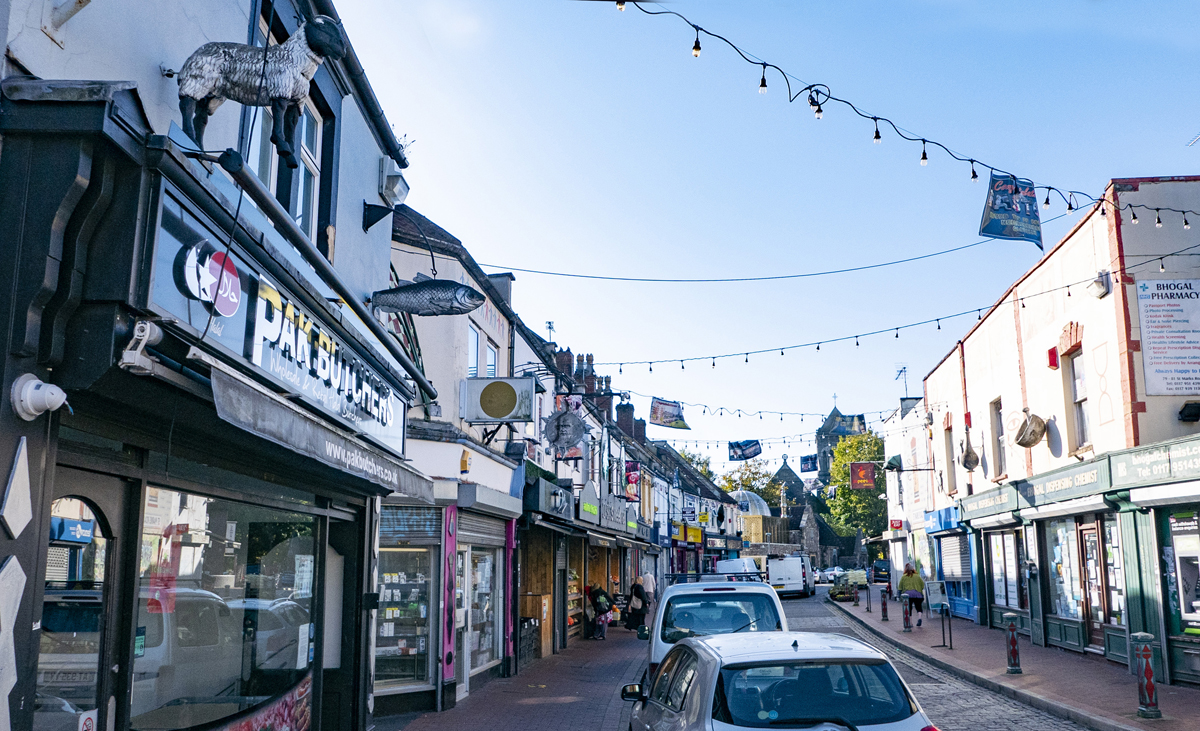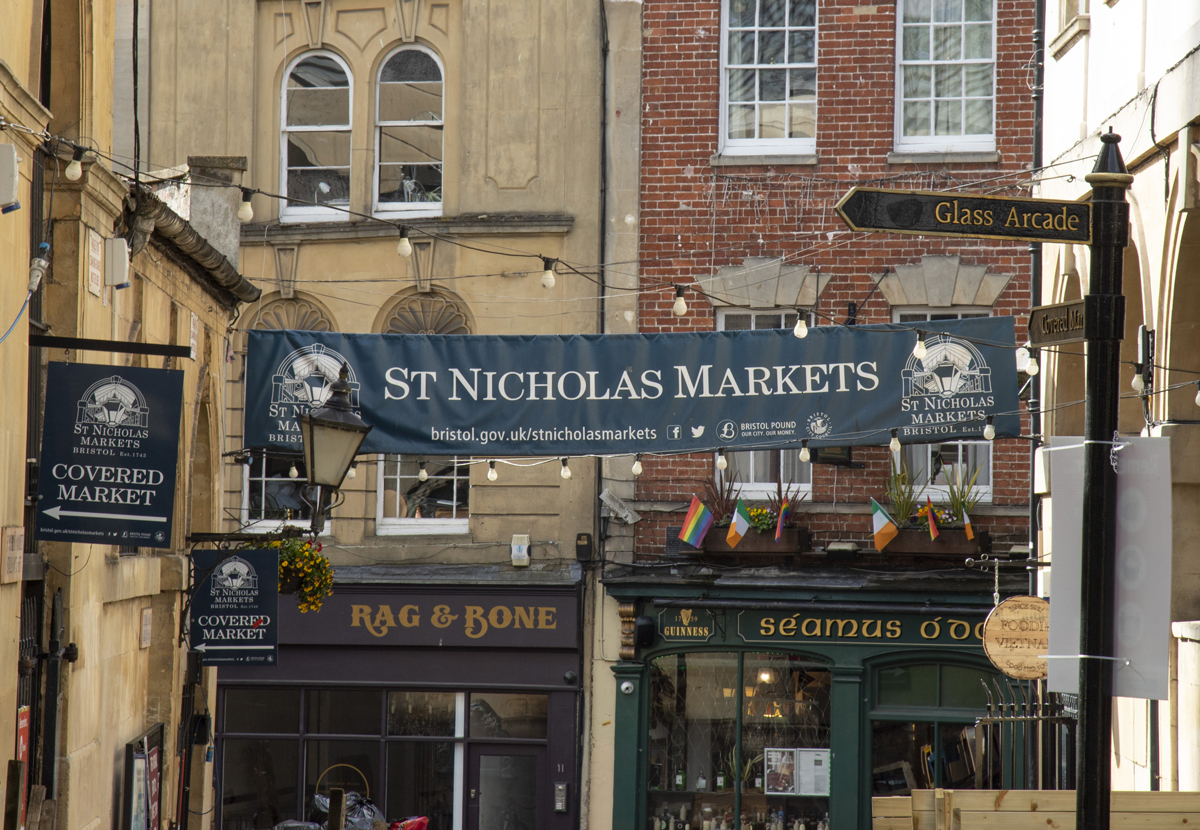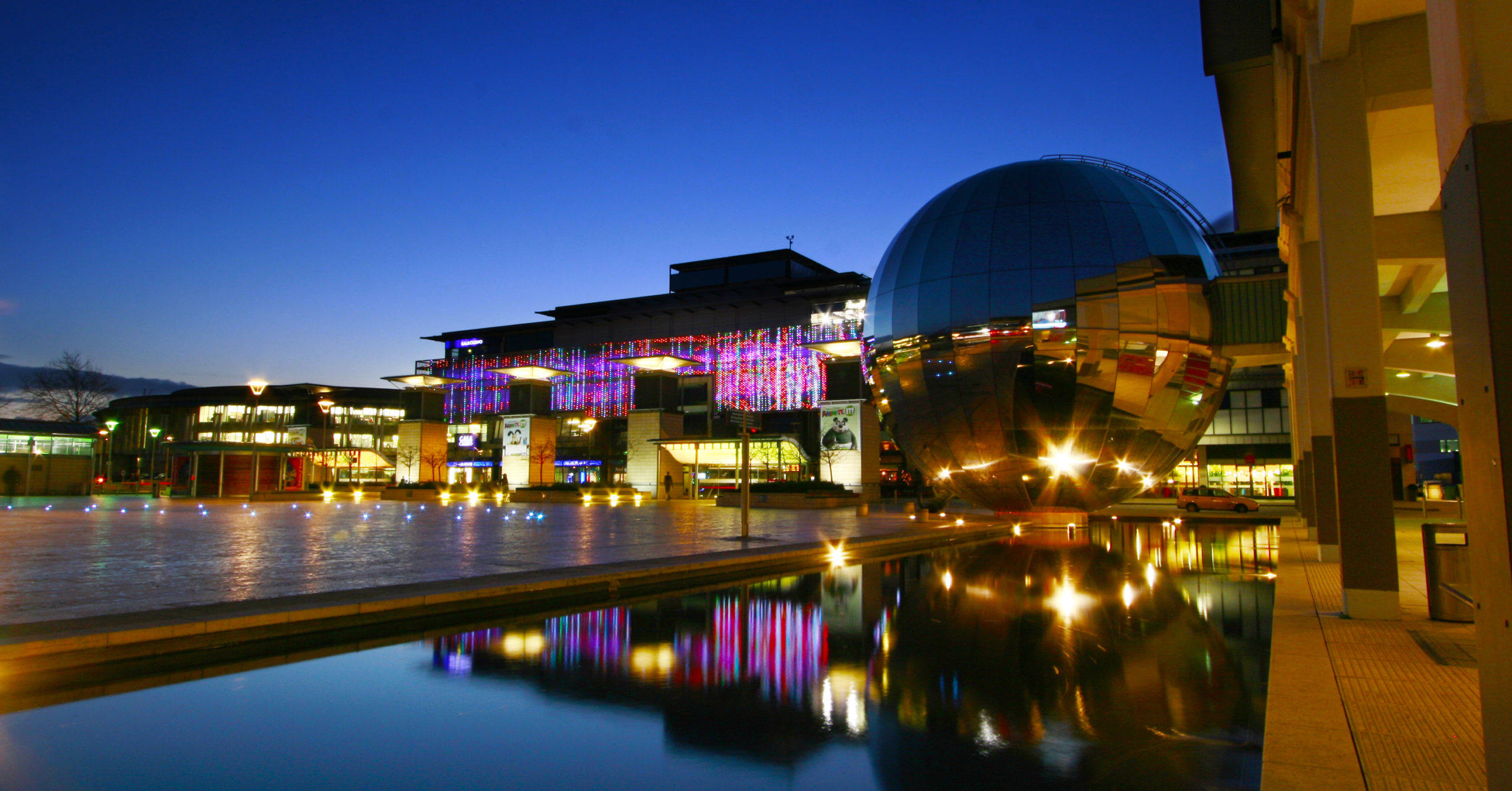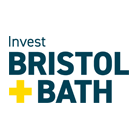City support
Bristol values the independents and makers across the city as they are a vital aspect of what makes the city so unique. Over 2020-21 Bristol City Council gave out over £100m in grants to support businesses impacted by COVID-19 and set up regular communications across a range of media and groups to support and represent their voices. The initiatives and groups built on existing networks across the city to make sure a diverse set of voices are represented, championing the original businesses across this city and helping the recovery of our high streets and city centre.
This includes
The Bristol @ Night advisory group works to ensure the vitality and diversity of the night-time economy is both protected and supported to grow. Bristol’s Night-Time Economy Advisor, Carly Heath, leads the city’s entertainment and hospitality sector working in partnership with many others across the city.
BARBIE was established in 2017 with the core aim of providing a voice for the independent businesses in the hospitality and retail sector. The group helps businesses by working with the council and partners to help save costs on services and products and getting industry specific information as quickly as possible.
Business Improvement Districts (BIDs) exist across Bedminster, Broadmead, Cater Business Park, the City Centre and Clifton Village. They work hard to champion the unique aspects of shopping local. In 2020 Bristol Together launched a city-wide marketing campaign to support local businesses as they safely reopen. This is a partnership initiative from Bristol City Centre BID, Visit Bristol and Broadmead BID, working with Business West, Bristol City Council and the One City Economy Board.
